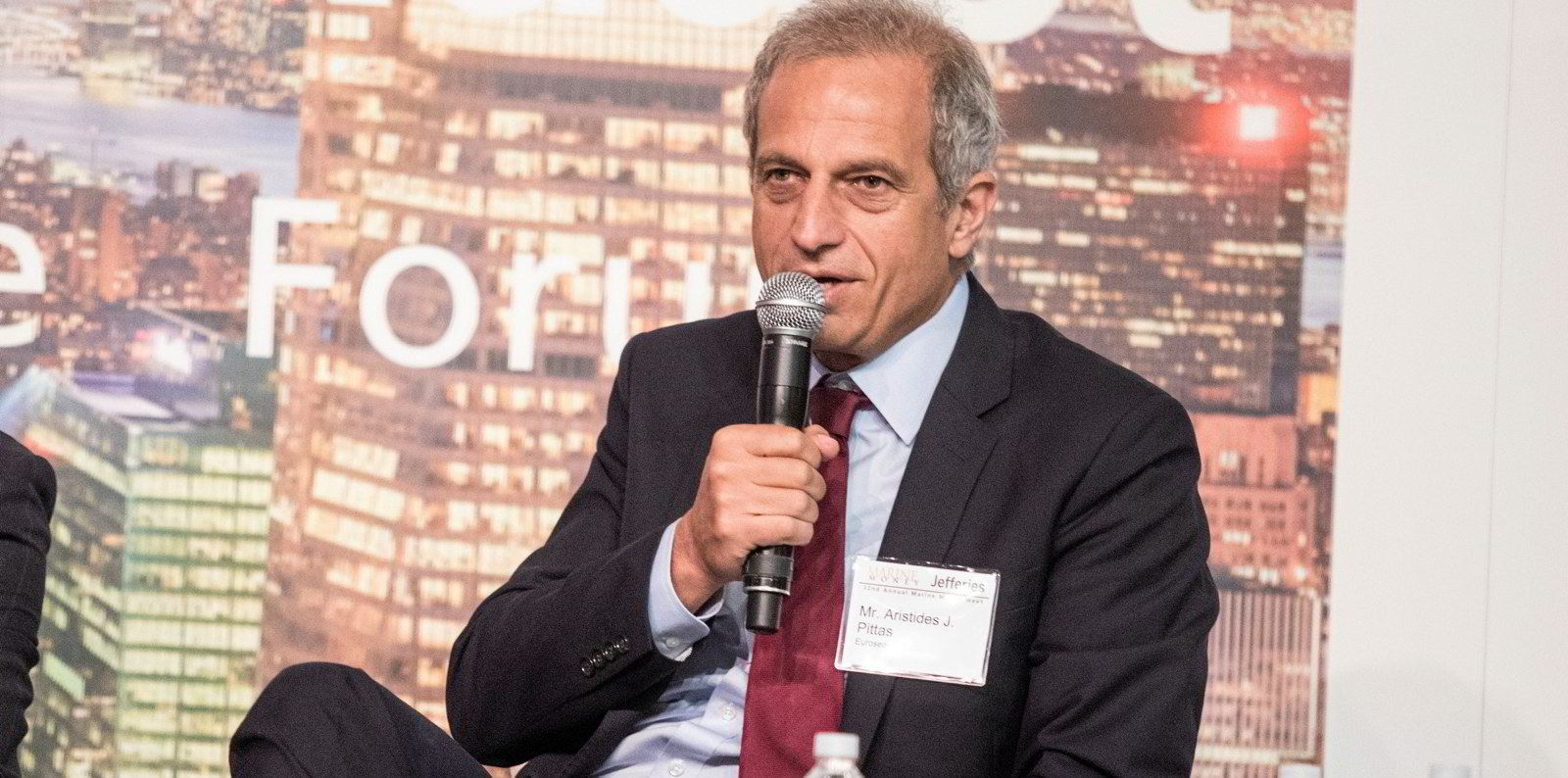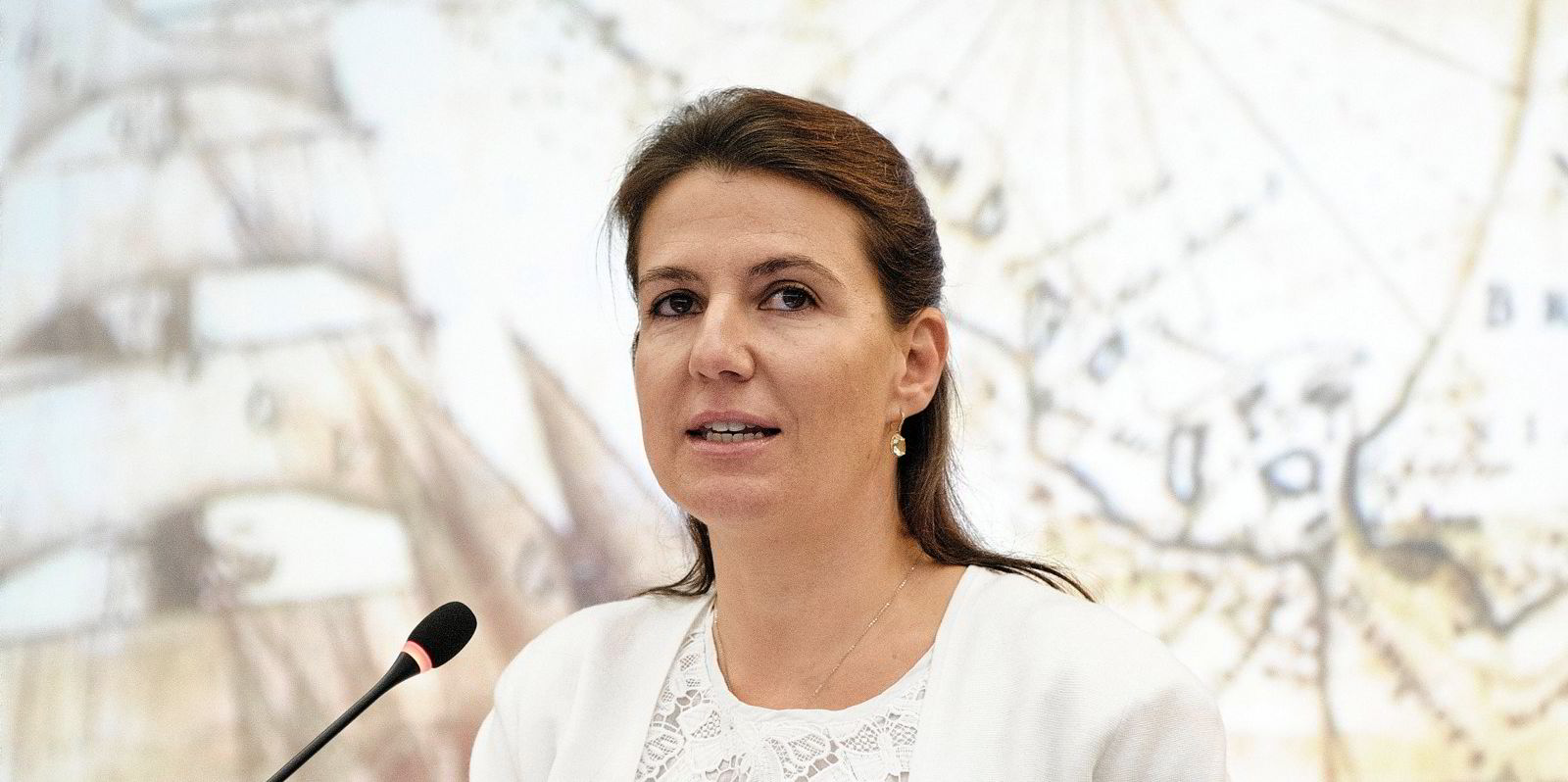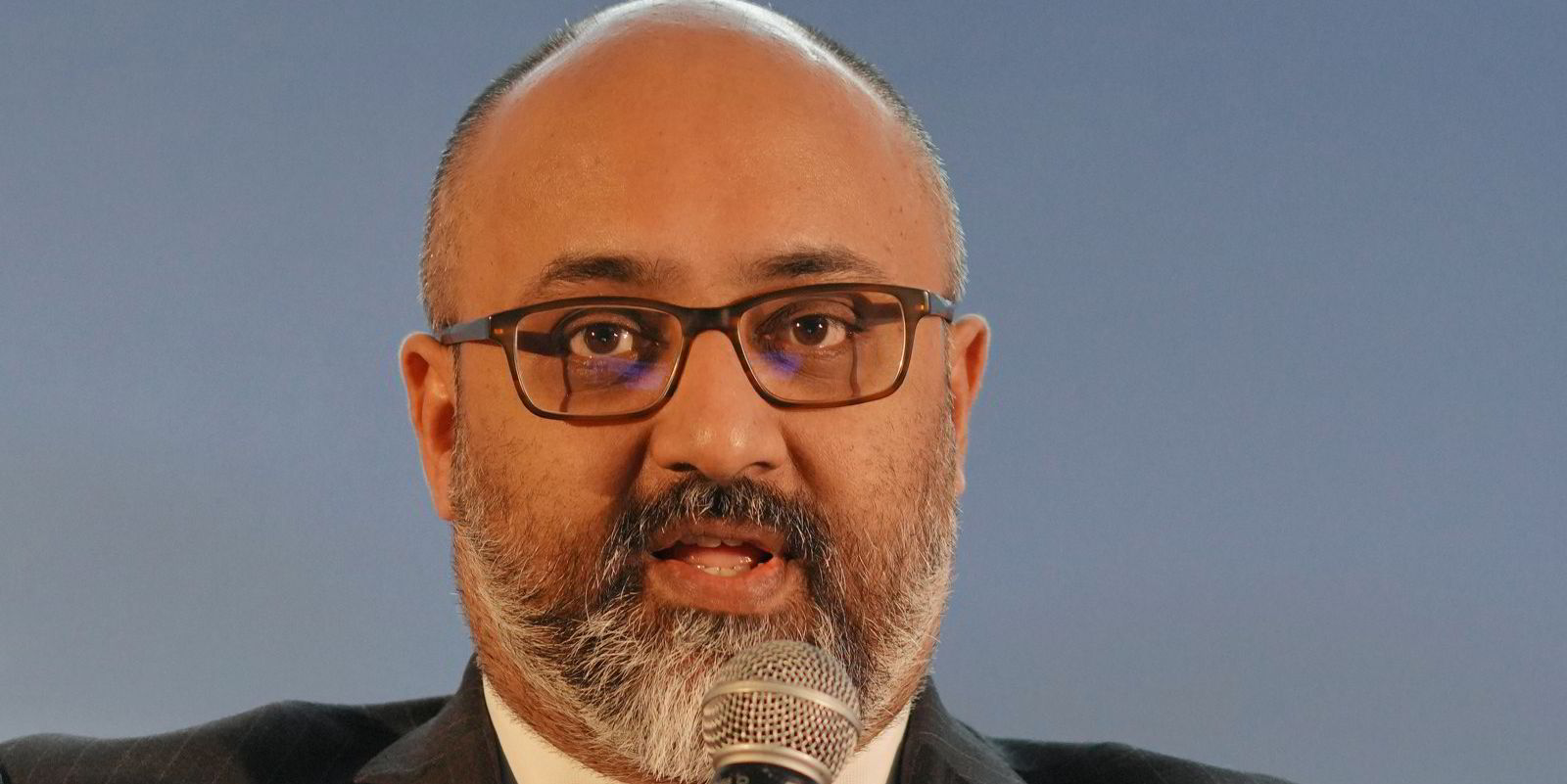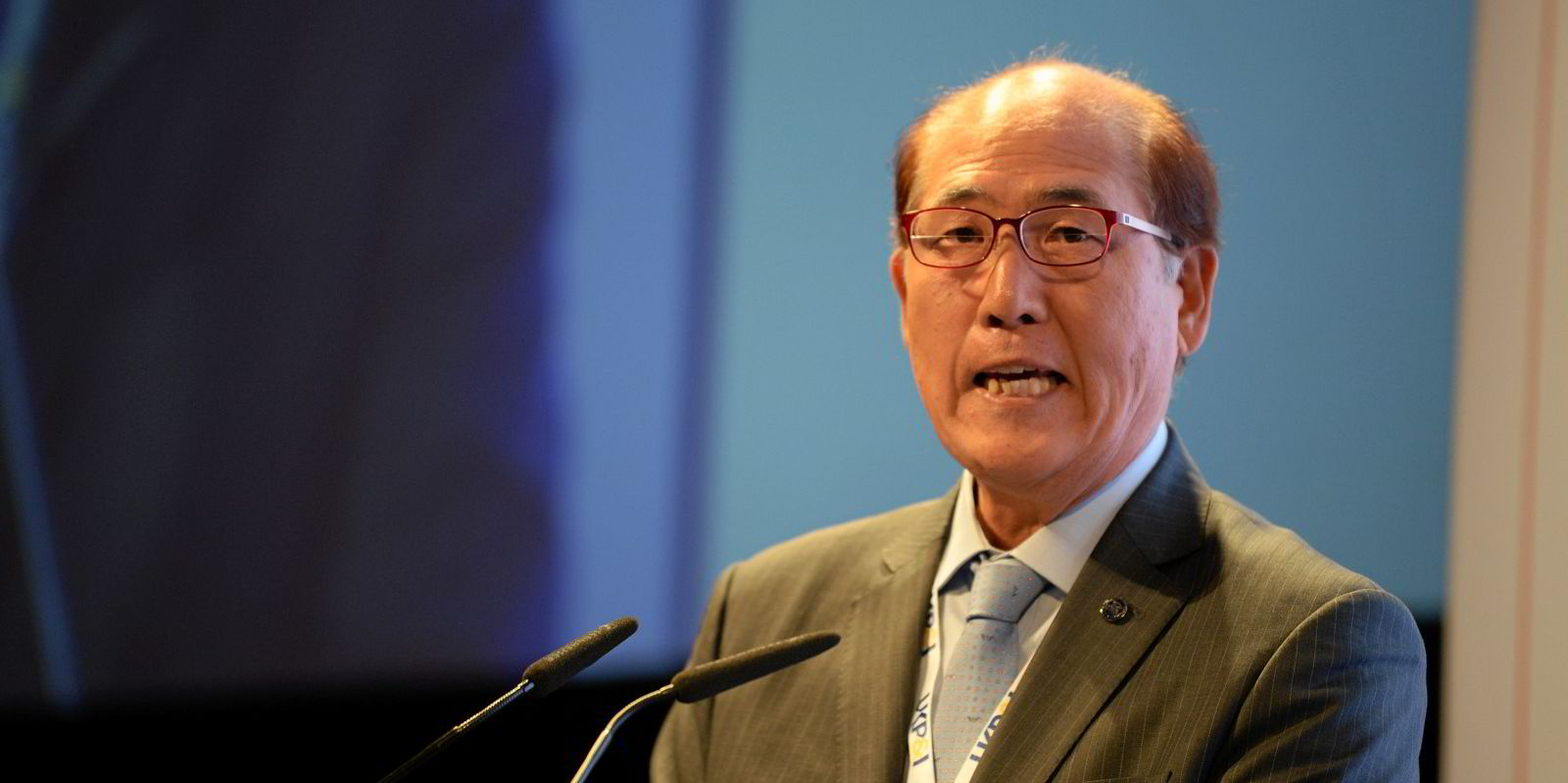Short-term decarbonisation measures at the International Maritime Organization, as their negative reception by parts of the shipping industry and public opinion, have rattled some Greek and Cypriot shipowners.
The reaction comes after the United Nations body unveiled a package of measures that will ratchet down carbon intensity of existing ships by 2% per year from 2023 to 2026.
“We don’t want the IMO to lose its voice and credibility,” Polys Hajioannou, the vice president of the Cyprus Union of Shipowners, told a Capital Link conference on 17 June.
“But already, if you read the press, they start kicking the IMO that it’s not doing a good enough job,” added Hajioannou.
Shipowners, particularly Greeks, are known for their conservatism when it comes to changes, but they may need a different mindset when it comes to decarbonisation, Hajioannou warned.
“I believe that in this matter of the environment, the world will move faster than us ... and they will not wait for us,” said the chief executive of US-listed Safe Bulkers.
“Simply denying reality … will lead us to the wall,” he added. “I don’t want shipowners to be left out from decision-making,” he added. “These people [regulators] will decide before you know it.”
Steps to increase the energy efficiency of ships on the way to full carbonisation have caused a lot scepticism in the shipping industry, but there may be no better option in the short term, said Euroseas chief executive Aristides Pittas.
"There’s a lot of discussion on how correct this is, how applicable it will be, if it’s fair to all and if there will be different standards for different kinds of ships,” he said.

“I’m pretty sure it’s not the best that can be done but it’s an interim step and perhaps it’s the best possible just now.”
The effect of the new IMO measures will essentially be to reduce speeds, Pittas said.
Prominence Maritime managing director Ioanna Procopiou pointed out that the basic problem of how to fully decarbonise is still unresolved.
“If we wanted to invest in a new ship, there’s nothing that is guaranteed to take us through its lifetime,” she said.
Shipowners like Procopiou said they feel beleaguered by several technologies they find untrustworthy at the moment, like rotor sails.
“I’m very sceptical about a lot of those initiatives — we must protect our industry from opportunistic proposals,” she said.
Waiting for regulation to become clearer and technology to mature, shipowners like Hajioannou are trying to steer a middle course in renewing their fleets with newbuildings satisfying the IMO's new Phase 3 requirements of the Energy Efficiency Design Index and Tier III rules for NOx.
“This will simply help us be near the 2030 targets but nowhere near the 2050 targets,” said Hajioannou.
To achieve them, much of the industry counts on a $5bn research and development fund for shipping, to be funded by the industry itself.
The world’s major shipping associations, including Bimco, Intercargo, Intertanko and the World Shipping Council, on 18 June expressed frustration at the slow pace at which the proposal is winding its way through the organisation.





